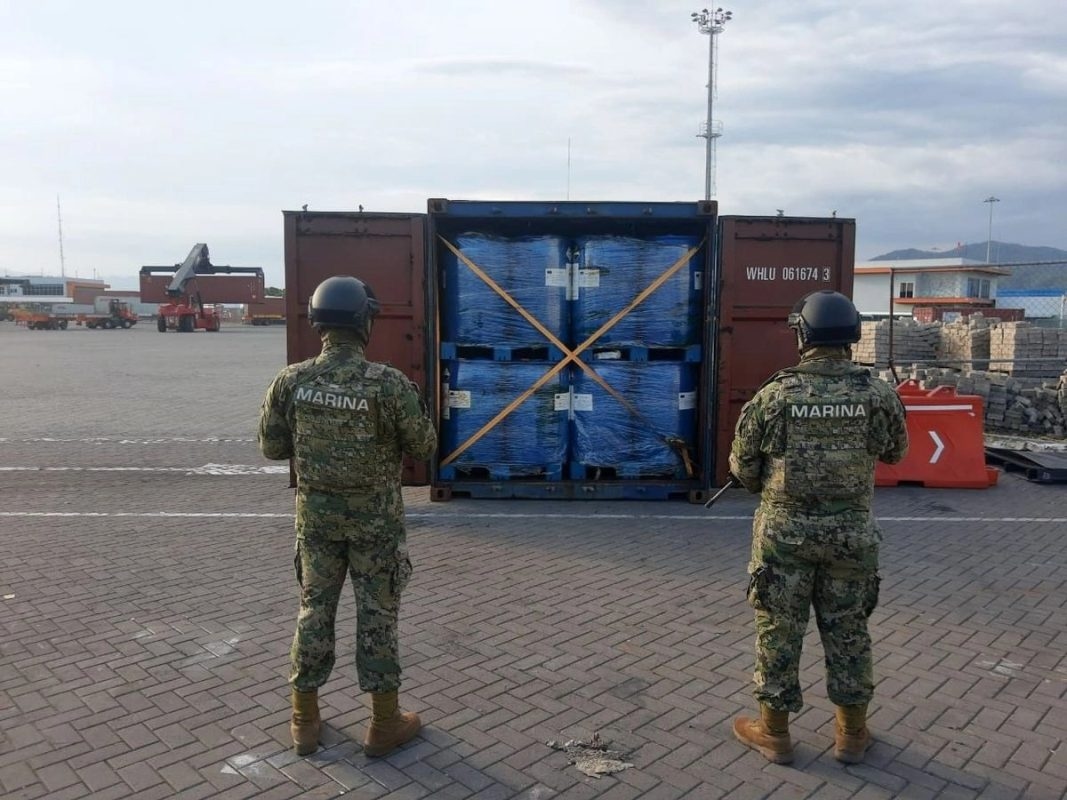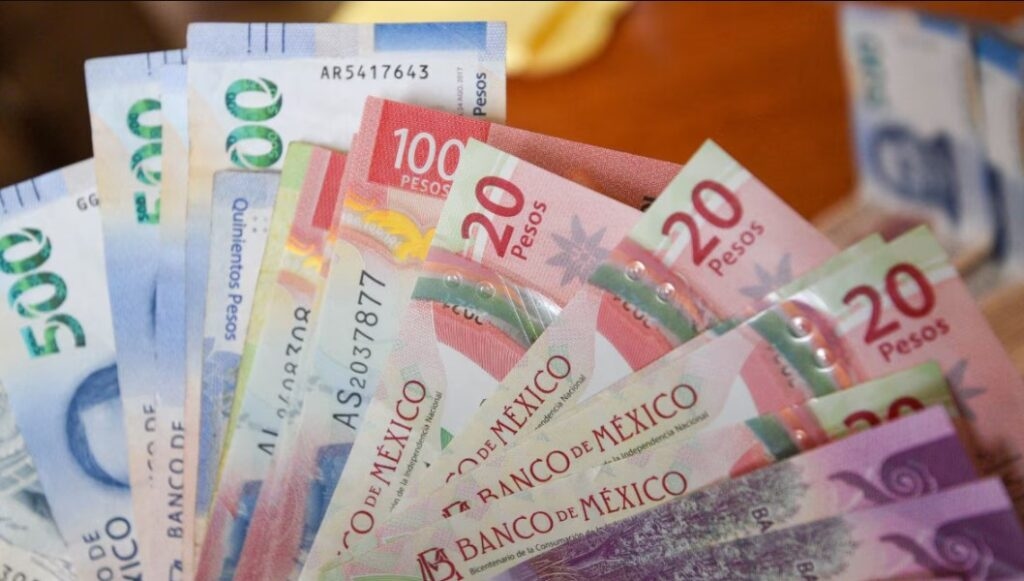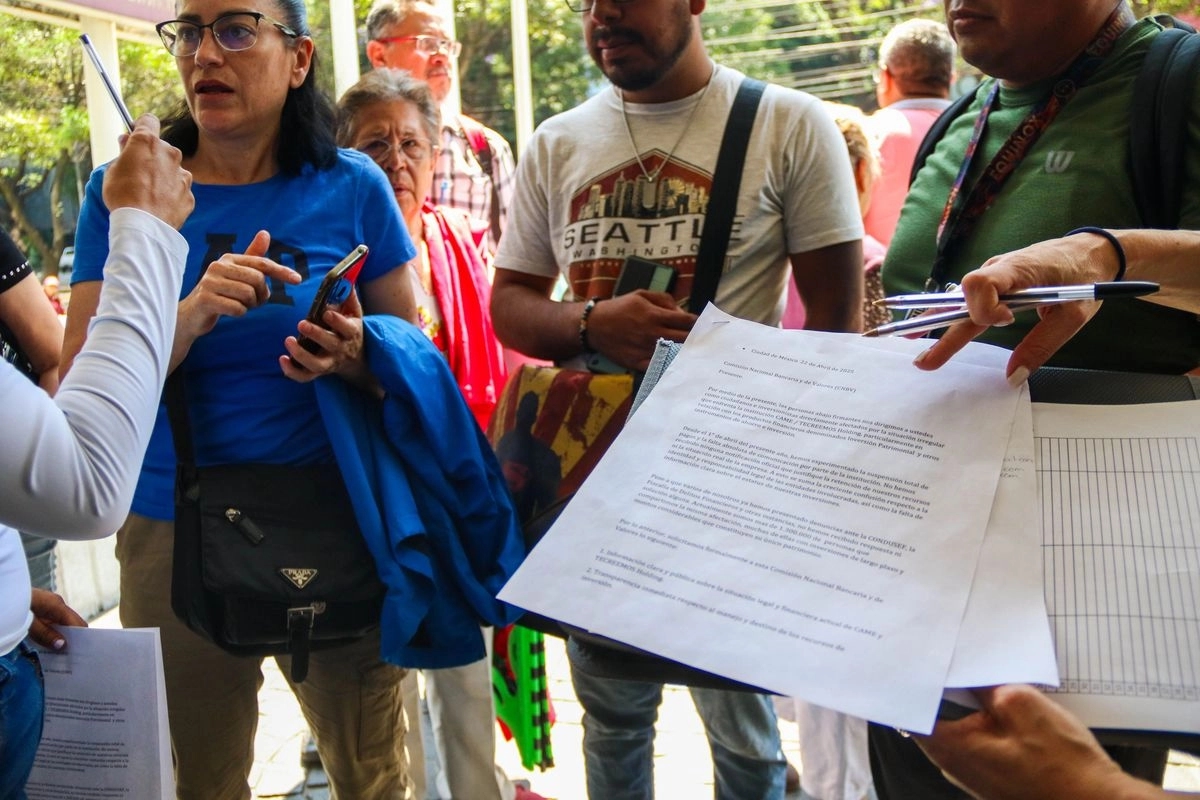Government strengthens merchandise traceability with digital bill of lading

In Mexico, the fight against merchandise smuggling is taking a firm step forward with the strengthening of collaboration between federal agencies. The Ministry of the Navy (SEMAR) , the Ministry of Infrastructure, Communications, and Transportation (SCT) , and the Tax Administration Service (SAT) have signed an agreement to improve the traceability of products circulating throughout the country.
Since 2022, the digital Bill of Lading has served as a key instrument for recording detailed information on each shipment of goods, including origin, destination, type of merchandise, and transportation data. Now, its implementation will be even more effective with inter-institutional integration.
The Bill of Lading is attached to digital invoices and allows authorities to know:
- Identification data of the transport used
- Information from those responsible for the transfer
- Origin and destination of the products
- Details of each merchandise transported
With this information, federal agencies will be able to implement more precise inspection, verification, and surveillance mechanisms. This not only strengthens customs oversight , but also ensures that products comply with current legislation and reduces the risk of corruption or loss of merchandise.
The collaboration between SEMAR, SCT and SAT offers multiple benefits:
- Total control of transport : supervision from origin to final destination.
- Smuggling prevention : rapid identification of irregular goods.
- Greater fiscal transparency : real-time tracking of transferred goods.
- Resource optimization : reduced need for redundant physical inspections.
With the digital Bill of Lading, each shipment is recorded and auditable, making it easier to detect irregularities and allowing authorities to act more efficiently.
For companies and carriers, the implementation of the digital Bill of Lading represents a shift toward safer and more regulated transportation. Complete visibility into the process helps reduce risks, improve logistics planning, and ensure that operations comply with current regulations.
Furthermore, inter-institutional cooperation allows for comprehensive control of the movement of goods, benefiting the economy and increasing confidence in national and international trade.
Despite the progress, full adoption of the digital Bill of Lading requires staff training and technological adaptation by transport companies. However, the federal government assures that the measure will strengthen the security and efficiency of goods shipments, significantly reducing smuggling and associated losses.
La Verdad Yucatán






